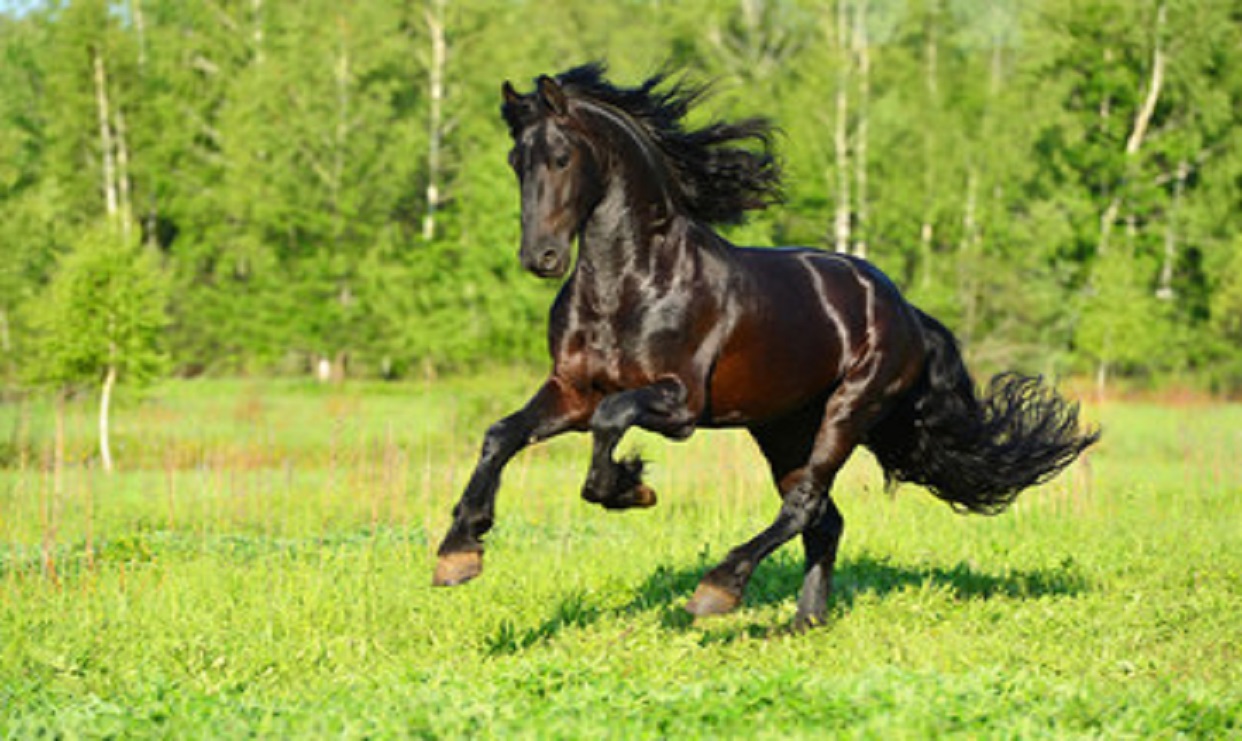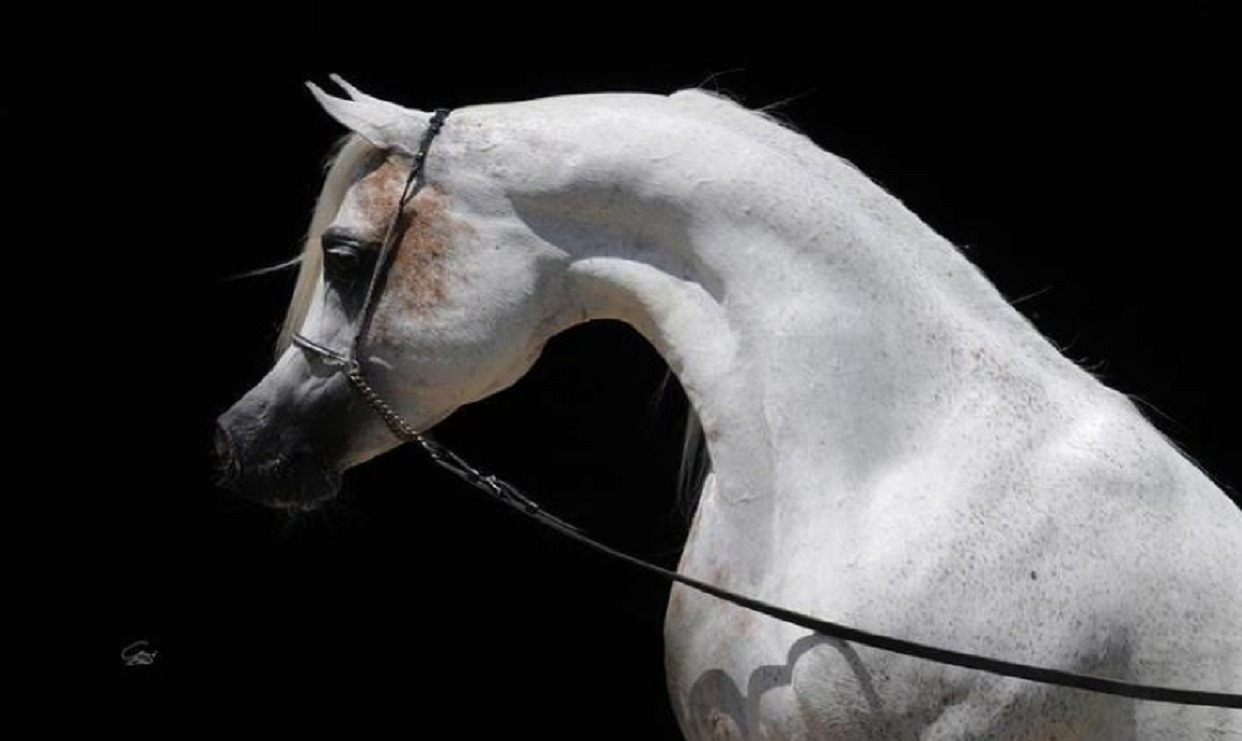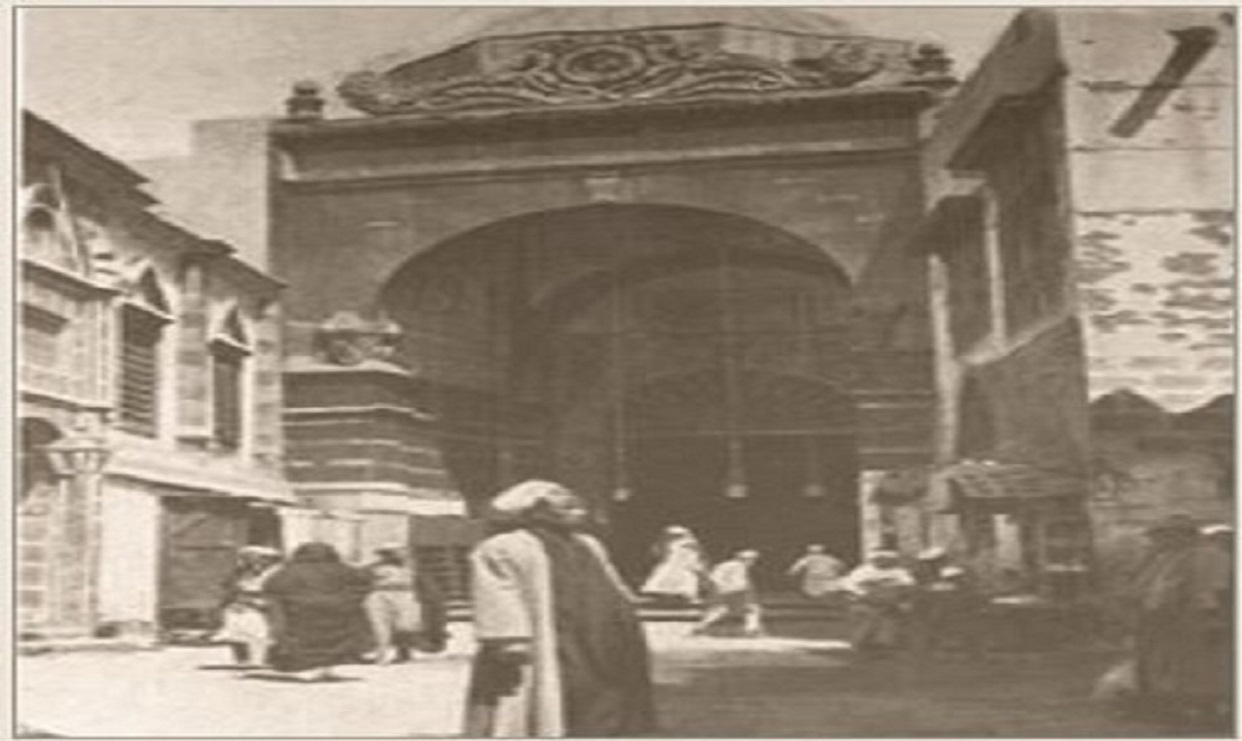2,581 عدد المشاهدات
By: Abdul Ghaffar Hussain
If we refer to the roots of the term نشيد (song) in the Arabic language, it means (voice), (raising the voice) and (the poetry that is sung by people).
I came upon a booklet by Adonis titled “Arabic Poetics”. I read it on board the plane during one of my travels, though it had been published years before. Reading it was one of the most enjoyable experiences in my life.
As I have just said, the book is small and comprises a little more than a hundred pages. However, as soon as you finish reading it, you feel as if you have read a sizable book – sizable with the knowledge value it contains about Arabic poetry, a value that you do not find in volumes on the same subject. Having read it, you feel that Adonis’s pen is not an ordinary one and that this pen has an exalted cognitive stature.

First, Adonis speaks about poetics and poetical orality; that is, the Arabic poetry has oral origins, like words spoken by man. Then he speaks about the emergence of this poetry as song that reached ears through hearing. Adonis defines the relationship between Arabic poetry and lyrical poetry and says, “Singing and memory were like a book that publishes the poetry of the pre-Islamic era, on the one hand, and memorizes it, on the other.”
Turning back to root of the term نشيد (nasheed or song) in the Arabic language, it means (voice), (raising the voice) and (the poetry that is sung by people). Since the pre-Islamic poetry was sung in general, poets used to personally deliver their own poems orally, for poetry would be better heard from the mouth of its composer, as stated by Al Jahiz. This suggests that the Arabs in Pre-Islamic times considered chanting poetry another talent added to a poet’s gift of composing it. In fact, the talent of chanting poems used to attract ears and impact people, since hearing was the basis of understanding and enjoying words. As put by Ibn Khaldoun, “hearing is the ‘parent of oral words.”
Mr. Adonis goes on to say about chanting and singing poetry:
“Chanting is just a form of singing. The Arabic literary heritage abounds with indications highlighting this fact. Chanting poets were often likened to singing birds, and their sung poetry to their songs. There is a well-known word summing up our point of view, saying that “Singing is the steering wheel of poetry”. The organic connection between verse and singing in Pre-Islamic times manifests itself. Hence we understand the significance of the argument that the Arabs used to “measure poetry through singing” or that ‘singing is the measure of poetry’. (Al Marzabani: AL Muwashah, p.39)
In this context, Ibn Rasheeq said, “Singing is the origin of the rhyme and meter (Al Omdah: 1/15). He asserted that “meters are the rules of melodies, and poems are standards for the strings” (ibid. 1/9). The most striking proof that poetry, for the pre-Islamic Arab, was chanting and singing, is the book “Al Aghani” (Songs) of Abu Al Faraj Al Asfahani, which comprised twenty-one volumes, and took fifty years to compile.
Ibn Khaldun analyzed this phenomenon, saying: “In the early period, singing was a part of the art of literature, because it depended on poetry, being the setting of poetry to music. Privileged writers and personalities of the Abbasid state occupied themselves with it, intent on acquiring a knowledge of the styles and genres of poetry.” He adds defining the craft of song as “the setting of poems to music by dividing the sounds into regular intervals”. (Introduction, p. 488).
The actual performance of poetry had its own rules in the pre-Islamic period which survived into later ages. Some poets, for example, recited standing up, while others proudly refused to recite unless they were seated. Some would gesture using their hands or their whole bodies, like the poetess al-Khansa, who, it is said, rocked and swayed, and looked down at herself in a trance. Thus in orality there is a ‘meeting in action’ of voice, body, word and gesture.
We have seen what the great thinker Adonis thinks about lyrical poetry and the singing of poetry. The fact, as Adonis sees it, is that Arabic poetry delights us and appeals to our ears, especially when it is sung by a vocalist of melodious voice. If the voice of the vocalist is not delightful, we may not feel its sweetness.
In the past, there were eloquent poets who did not have good singing voice. On delivering their poems before those whom they praised, for example, they felt that their voices were not palatable and had no impact on the listeners. Of those master poets was the well-known poet Jarir, who hired someone to read his poems on his behalf. The same can be said about Ahmed Shawqi, who did not like his voice, and sometimes asked his friend poet Hafez Ibrahim to deliver the poems written by him. Hafez had a beautiful voice, and a high sounding rhetorical throat.

A female singer may cause a poet to be more famous than the poetry of the poet himself. Oum Kalthoum, the great voice of Arabic songs, was one of those singers. She used to bring fame to those for whom she sang songs and motivated people to search for the poet who wrote the words of her songs. When she sang Omar Khayyam’s quartets (Rubaiyat al Khayyam), which had been translated by Ahmed Rami, both the poet and the translator became famous, and attracted the ears and eyes of people. It was also reported that the famous poet, Nizar Qabbani, said that his poem which was sung by Najat Al Saghira:
“Does he think that I am a doll in his hands?
I do not think of going back to him.“
was the song that publicized his name more than his writings did, and made people accept him as a poet.

In the United Arab Emirates, we still have singing poets, who delight listeners, as they recite their poems in a lyrical way. The greatest lyricist known in the UAE was the poet Mubarak al Oqaili, who is said to have often sung his poetry and played the tabor along with it. His house in Souq Al Deera in Dubai was a forum for men of letters and intellectuals. Due to its music and sweet tunes, the poetry of Al Oqaili was sung by vocalists and people at large. The first to sing Al Okaili’s poems in the UAE and record them on “CDs” was the singer Mohammed Abdul Salam, in India. He was supported and financed by the well-known businessman and social personality, Yusuf Al Khaja, who was trading in instruments and music, and has had a shop in Deira since the forties and fifties of the last century.

In 1951, people listened delightfully to Mohammed Abdul Salam’s song written by Al Okaili. People used to gather in the cafes of Dubai, Sharjah, Abu Dhabi and Batna in Oman to listen to the songs of Mohammed Abdul Salam and other Gulf singers, such as Mohammed Fares, Dahi bin Walid, Al-Fadala, Mohammed Al-Mass and Mohammed Khan from Yemen.
If one of us wrote the history of the UAE poets, men of letters and writers of the third class (This categorization is mine), and chronological order, Arif Al Khaja would undisputedly be in the forefront of this class. However, this discussion is about the lyrical poetry and poets in the UAE. If I still have further years to live, I hope that I will one day write about the literary and poetic aspect of this class that I call “third” in chronological order. Arif Al Khaja, Mana Al Otaiba, and Sultan Al Habtoor, are considered the second class to which Sultan al Owais, Ahmad Amin and Hamad Bu Shehab belong.
As regards Arif Al Khajah, who is a multi-talented person and enjoys a special status in lyrical poetry, he is distinguished in this art. I do not think that anyone in his class or anyone else in the UAE can match Arif in this poetic style. I also think that he stands in the forefront among the Gulf poets in general. In addition, Arif is a good writer who is characterized by an extraordinary style, with distinguished newspaper columns, and a beautiful artistic prose style inspired by an extensive culture in the art of essay writing.
When one of us refers to lyrical poetry, he may be confronted with a question: Isn’t the classical “Arabic” poetry, as a whole, with its composition, rhyme scheme and music, lyrical poetry? Even the poet himself who composes poetry may intone and vocalize it, and may sing it at times if he felt that people approve of his voice. The answer to this question is: Yes, but not every poetry is fit to be sung, for the poem to be sung must be of selected words, of the kind that is easily pronounced by people. It should contain some of their language and ordinary terminology, away from difficult or unfamiliar words. It would be good for the poet to chant his own words and hum them to himself or to his own people, in order to know about the opinion of others. Some people consider a poet’s chanting of his poetry a way of testing poetry, as Hassan bin Thabit said:
Sing in every poem you compose,
That song is poetry’s domain.
Arif Al Khaja, in my opinion, was able to go deeper in his understanding of songs and their impact on hearing. He succeeded, therefore, to be the lead singer and songwriter, not only in the UAE but also in the entire Gulf region, as we have already said.
Many UAE and Gulf singers sang Arif’s poems. We rarely find an Emirati singer who did not sing one of Arif’s poems. His national works, such as his operettes and many songs, were set to music by famous Arab singers, such as Mohammed Abdo, Asala, Raja Balmaleeh, and Rashid Al Majid. Arif himself had a sweet lyrical voice, and is a good speaker whose voice delights the listener, which adds to his poetry elegance, beauty and adornment. Having once heard a poet while singing, Al Farazdak said to him, “Your singing decorates poetry in my understanding.”

Al-Khajah has tender love poetry in his published collections of poems. He has firm experience in composing all types of classical and modern poetry, in both metrical and free forms. I have not read a poet in the UAE who can match Arif Al Khaja in mastering the various genres of poetry with high quality.
The reader may note that in his Nabati poetry, Al Aqili used standard Arabic or in a very close style to classical Arabic. One who reads Al Aqili’s Nabati poetry finds that his poetry is almost similar to his classical poetry, and can be read or understood by any Arab or Arabist who reads classical Arabic poetry. Nothing is more indicative of the authenticity of this statement than the beautiful lyrical poem that we have just mentioned. Dr. Ahmed Amin Al-Madani said about Al Aqili’s Nabati poetry: “Apart from others, Al Aqili has the advantage that most of the vocabulary he uses is standard, fine and well-chosen. He can be rightfully described as the first innovator of Nabati poetry in the UAE.”

The late Dr. Ahmed Amin, may God have mercy on him, used to compose and chant poetry in a good way. He had a melodious voice. His recitation of his poems was beautiful, melodious and attractive to the human ear. I remember that he delivered – at one of the celebrations of the Symposium of Culture and Science – a poem in praise of HH Sheikh Mohammed bin Rashid Al Maktoum, Vice President and Prime Minister of the UAE and Ruler of Dubai, starting with the following lines:
Glory looked around, driven by hope,
Our ways were lit by its rays;
Intoxicated by the wine of the glories,
Embraced with the most prestigious of honors.
He pleased the ears of the audience with both his poetry and chanting. I do not know if one of the singers sang any of Ahmed Amin’s poems.





